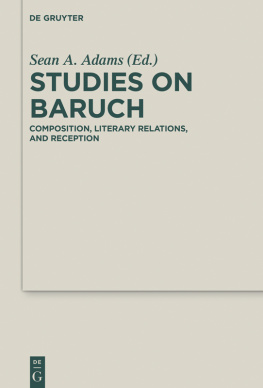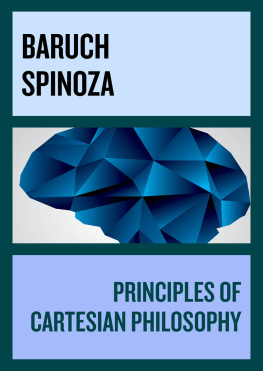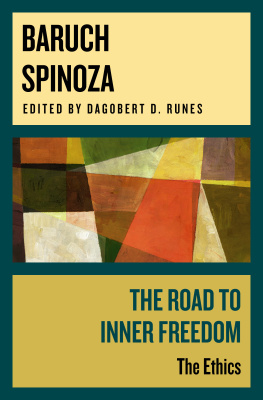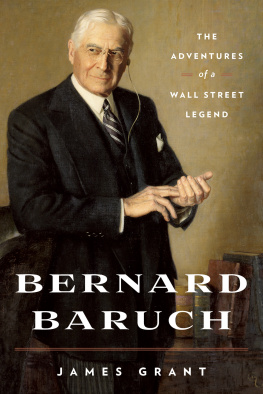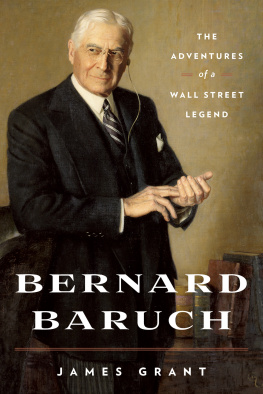Baruch Sterman - Rarest Blue
Here you can read online Baruch Sterman - Rarest Blue full text of the book (entire story) in english for free. Download pdf and epub, get meaning, cover and reviews about this ebook. publisher: Lyons Press, genre: Romance novel. Description of the work, (preface) as well as reviews are available. Best literature library LitArk.com created for fans of good reading and offers a wide selection of genres:
Romance novel
Science fiction
Adventure
Detective
Science
History
Home and family
Prose
Art
Politics
Computer
Non-fiction
Religion
Business
Children
Humor
Choose a favorite category and find really read worthwhile books. Enjoy immersion in the world of imagination, feel the emotions of the characters or learn something new for yourself, make an fascinating discovery.

- Book:Rarest Blue
- Author:
- Publisher:Lyons Press
- Genre:
- Rating:4 / 5
- Favourites:Add to favourites
- Your mark:
- 80
- 1
- 2
- 3
- 4
- 5
Rarest Blue: summary, description and annotation
We offer to read an annotation, description, summary or preface (depends on what the author of the book "Rarest Blue" wrote himself). If you haven't found the necessary information about the book — write in the comments, we will try to find it.
Rarest Blue — read online for free the complete book (whole text) full work
Below is the text of the book, divided by pages. System saving the place of the last page read, allows you to conveniently read the book "Rarest Blue" online for free, without having to search again every time where you left off. Put a bookmark, and you can go to the page where you finished reading at any time.
Font size:
Interval:
Bookmark:
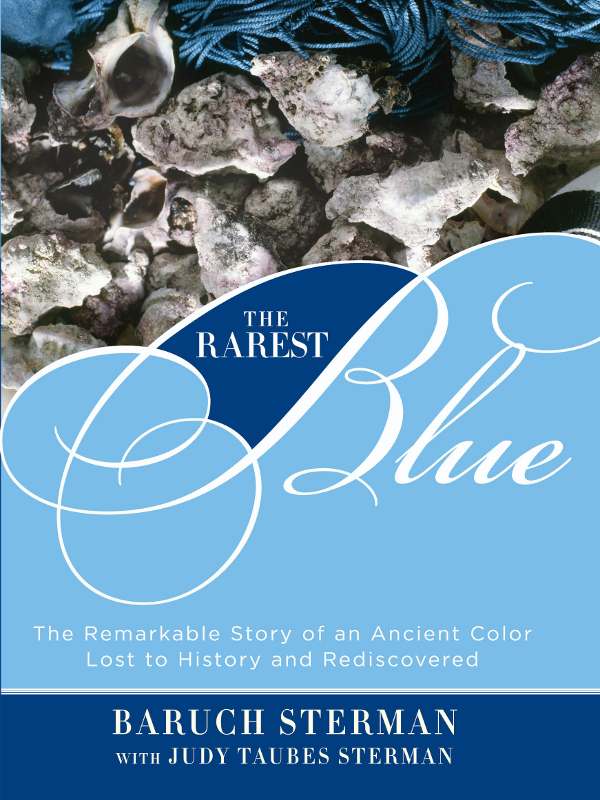
Copyright 2012 by Baruch Sterman and Judy Taubes Sterman
All rights reserved. No part of this book may be reproduced or transmitted in any form by any means, electronic or mechanical, including photocopying and recording, or by any information storage and retrieval system, except as may be expressly permitted in writing from the publisher. Requests for permission should be addressed to Globe Pequot Press, Attn: Rights and Permissions Department, P.O. Box 480, Guilford CT 06437.
Lyons Press is an imprint of Globe Pequot Press.
Text design: Sheryl P. Kober
Page layout: Sue Murray
Project editor: Ellen Urban
Photo on page ii by E. Weisberg
Library of Congress Cataloging-in-Publication Data
Sterman, Baruch.
The rarest blue : the remarkable story of an ancient color lost to history and rediscovered / Baruch Sterman with Judy Taubes Sterman.
pages cm
Includes bibliographical references.
ISBN 978-0-7627-9041-8
1. Tekhelet (Dye) I. Sterman, Judy Taubes. II. Title.
BM657.T44S74 2012
296.4dc23
2012028637
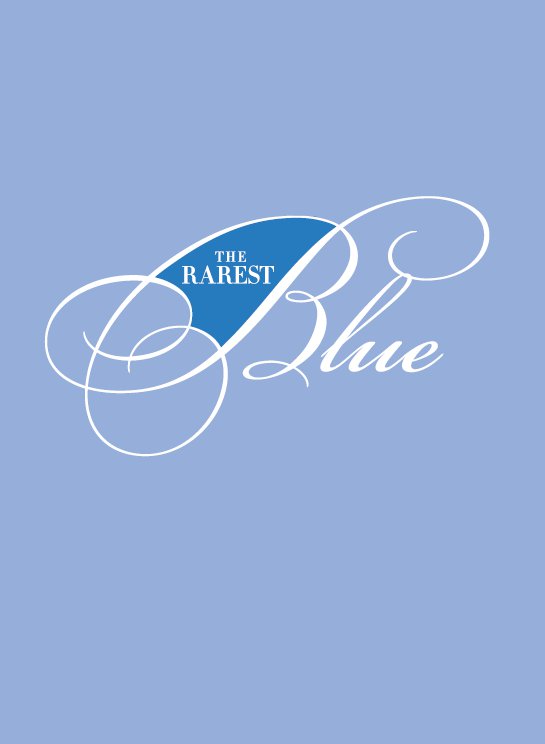
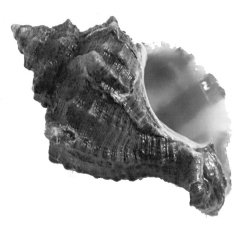
The Murex trunculus or banded rock murex
To our seven wonders,
Adiv, Yair, Yedidya, Eran,
Meital, Gilad, and Eyal,
who give our world its color.
Who has not heard how Tyrian shells
Enclosed the blue, that dye of dyes,
Whereof one drop worked miracles,
And coloured like Astartes eyes
Raw silk the merchant sells?
Robert Browning, Popularity
T he dazzling Greek sun had arched past its midpoint in the skywhich meant I didnt have much time. Driving down the coastal highway from Corinth to Athens at about ten miles per hour over the speed limit, I was beginning to feel anxious. In a few hours I had to be back at my hotel. With the setting of the sun, the Sabbath would begin, and for the next twenty-four hours I couldnt do any kind of work, according to the broadest definition of the term. That included driving my car. If I miscalculated the remaining time, Id have to pull over to the side of the road, leave the car, and walk the rest of the way.
It wouldnt be the first time, I thought.
The night before, I had flown to Athens on my way back home to Israel from a business trip in Germany. I was working on a new idea for a laser that could turn radio waves into light energy. My company wanted to make the laser very compact, and the problem that I hoped my German colleague could help solve was how to efficiently channel radio waves into the laser, instead of merely letting them disperse as useless radiation. In the quaint town of Aachen, snow had fallen on a frozen brook while I was thinking about laser energy, and now, dressed in a T-shirt, I was driving along the Mediterranean coast, stopping in one village after another with something quite different in mind.
I had pretty much given up hope of finding it. The morning had begun with a trip to a small hardware store in Athens to buy a few items: hammer, razor blade, half-gallon jar. The man behind the counter looked at me curiously. In a thick Greek accent that stretched his English to the breaking point, he asked: What you want for? You fix?
No, I dye, I replied. Then, quickly realizing that he probably imagined some gruesome suicide scene, I touched a colorful spot on my shirt. You know, make color.
He looked at me with his head turned a bit to the side, the expression on his face clearly reading Crazy foreigners. I can never understand what they are talking about.
I had studied the map before setting out that morning and decided to drive all the way to Corinth, then double back to Athens. On the way I would stop in the villages and inquire among the local fishermen. It probably wasnt the most efficient plan. I should have started close to Athens and traveled farther west if necessary. But sundown was a hard deadline, so it made more sense to head toward my hotel as the day progressed.
Narrow and winding, the highway to Corinth keeps the coast on one side and mountains on the other. The scenery was a tourists delight: Small whitewashed villages checkered the landscapeStikas, Kineta, Agioi Theodoroi. But I hadnt come to enjoy the scenery or visit the tourist sites, not even the stunning Temple of Apollo in Corinth.
I was on a mission.
In each village that I entered, I looked for the marketplace or the harbor and asked the locals the same one-word question, the full extent of my Greek: Porphyros? Sometimes they simply stared at me, but every once in a while came a voluble response accompanied by hand waving and pointing that directed me to the next village down the road.
How many times had I done this already, I wondered as I stopped in front of a small store in the seaside village of Pyrgos. Sitting outside, an old woman dressed in black was sewing a button on a shirt. I smiled my politest smile and asked my Greek word: Porphyros? She looked at me as if she didnt hear me, so I took out a business card and wrote on the back . My doctorate in physics was unexpectedly coming in handy. One thing a physicist knows is the Greek alphabet, since we use those letters as various symbols in equations.
The old woman looked closely at the letters, nodded a few times, then pointed without saying a word, waggling her fingers. She wasnt steering me to the next village, but rather to a path leading in the direction of the sea. Had she understood me correctly? Were my efforts at last paying off? I smiled again, by way of thanks, and hurried down toward the beach. Fishing boats, docked at a pier, were bobbing in the afternoon sun. On the pier itself, fresh looking fish were piled high on stands. One stand, however, was not filled with fish but ratherto my great delightwith snails.
Tense with anticipation, I picked up a snail and examined it. It was bigger than those I knew, but the shape was similar. Down the front of the shell ran a ridge leading to a wide oval opening, and on the inner side I could make out the characteristic white and brown bands. With increasing excitement I looked at the other snails, a few of them peeking out of their shells, their eyes dangling at the ends of long stems. Some shells were shut tight, but the hard covering with which the snails sealed themselves into their shells was the familiar brown color with a smooth texture like a fingernail. There could be no doubt. It was the Murex trunculus. It was what I had been looking for.
I almost didnt believe my luck; here were hundreds of the snails, a whole treasure trove. I held up seven fingers, pointed to the snails, and said to the boy selling them, Kilos. He looked at me in disbelief. Seven kilos amounted to about five hundred snails, enough for a major banquet. But these were not for eating.
He hurriedly weighed them, put them into a few boxes, and helped me carry them to the seashore. There, on a strong, level rock, I went to work. I had to be fast and efficient if I was going to make it back to my hotel room in time.
One by one, I took each snail and positioned it so that the opening was flat against the rock. I aimed about two-thirds of the way down the back, and with one firm stroke of my hammer broke through the shell. Then with my pinky, I pushed the snail itself deeply into its shell until part of the soft body came squeezing through the hole I had broken. If I did it rightand I did nearly every timethere, oozing through the hole on the back of the snails shell, appeared a yellow gland, about a quarter of an inch long and the width of a piece of spaghetti. With the razor blade and my thumb as a counter force, I sliced off the gland and dropped it into the jar. The broken snail itself I tossed into the ocean.
Font size:
Interval:
Bookmark:
Similar books «Rarest Blue»
Look at similar books to Rarest Blue. We have selected literature similar in name and meaning in the hope of providing readers with more options to find new, interesting, not yet read works.
Discussion, reviews of the book Rarest Blue and just readers' own opinions. Leave your comments, write what you think about the work, its meaning or the main characters. Specify what exactly you liked and what you didn't like, and why you think so.

